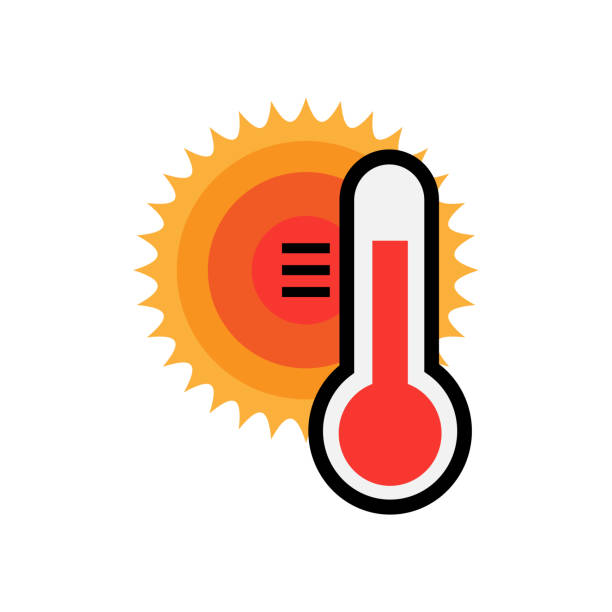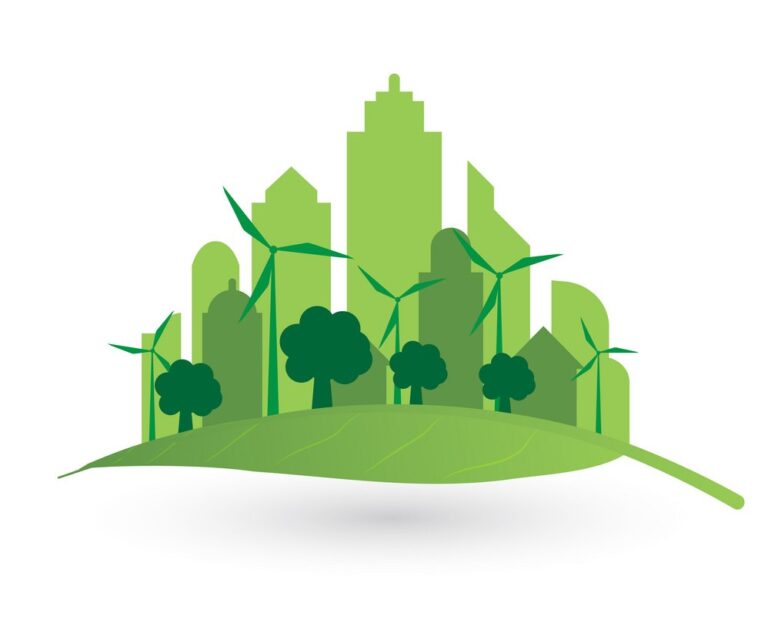
Climate Adaptation & Resilience
Climate Adaptation & Resilience Division: The newly established Climate Adaptation and Resilience Division within the Community Development Department leads the City’s sustainability and climate action implementation efforts. The Division is principally responsible for the development and implementation of the City’s Climate Action Plan and designs, develops, and implements hazard mitigation strategies to address climate impacts. The Division also seeks to integrate climate adaptation and resilience measures with broader objectives, including community health, equity, and hazard mitigation, to ensure the City’s response to climate change is inclusive and effective.
Ukiah is Climate Ready
The City of Ukiah has a proud history of leading by example to prioritize actions that ensure the health, safety, and sustainability of our community. In the 1980s, the City was one of the first municipalities to install electric vehicle charging stations. The City takes pride in its Public Spaces Commission, which fosters more community involvement in decisions that impact the natural environment. In 2024, the City completed its innovative Recycled Water and Complete Streets infrastructure projects. To build upon this legacy of environmental stewardship, we are striving to not only meet, but to exceed California’s sustainability and climate goals. To achieve this, City Council is committed to:
1) Building an environmentally sustainable and resilient community by embracing new technology, setting policy, and evaluating critical infrastructure.
2) Providing services that support a high quality of life for all residents, including fostering diverse, inclusive, and accessible neighborhoods. And,
3) Addressing the climate implications of all policies and actions that come before the Ukiah City Council that have the potential to impact greenhouse gas emissions, carbon sequestration, and disaster preparedness within the City.
Our Commitment to Climate Action
In 2022, the City released its landmark 2040 General Plan – a long-range plan that guides decision-making and establishes rules and standards for new development and city improvements. Included in the 2040 General Plan is an Environment & Sustainability Element which sets the tone for future climate action, adaptation, and resilience planning efforts.
In 2024, the City hired its first Chief Resilience Officer and initiated the development of its Climate Action Plan (CAP). On May 21, 2025, the Ukiah City Council adopted the 2025 Ukiah Climate Action Plan.
Climate action refers to proactive measures aimed at reducing GHG emissions and slowing the pace of global warming. Climate action focuses on addressing the root causes of climate change by transitioning to cleaner energy sources,
improving energy efficiency, promoting sustainable transportation, and protecting natural carbon sinks like forests and wetlands. In contrast, climate adaptation and resilience focus on preparing for and responding to the unavoidable impacts of climate change. While climate action seeks to mitigate future risks, adaptation addresses the present and near-term consequences of a warming planet
In 2025, the City will develop a Climate Adaptation & Resilience Strategy (CARS). Together, the CAP & CARS will establish a strategic roadmap for how the City will reduce greenhouse gas emissions, prepare for climate hazards, & build a more resilient community.
Learn How You Can Take Action Today: Improve Your Home, Fight Climate Change, & Save Money
Building Resilience for Climate Risks
Learn More About How You Can Help Our Community Build Resilience






For more information, please contact:
Blake Adams
Chief Resilience Officer, City of Ukiah
badams@cityofukiah.com













